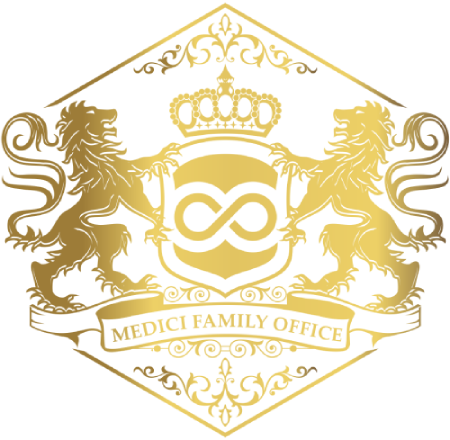The chief task in life is to identify and separate matters that are externals, and not under your control, and choices in your control
“The chief task in life is simply this: to identify and separate matters so that I can say clearly to myself which are externals not under my control, and which have to do with the choices I actually control.”
Epictetus, a Stoic philosopher, emphasized the importance of understanding and accepting the distinction between what we can control and what we cannot. This idea is central to Stoicism and serves as a guide for how one should approach life and its challenges. Let’s break down the meaning of this quote in detail:
1. “The chief task in life is simply this…”
Epictetus suggests that the most fundamental and crucial task of life is not accumulating wealth, seeking fame, or pursuing pleasures, but rather understanding this key distinction between what is within our control and what is not. Everything else, according to Stoicism, stems from this basic understanding.
2. “…to identify and separate matters…”
The phrase “identify and separate” means that the first step is to carefully examine life and distinguish between different types of matters. Not all events, actions, or circumstances are of the same nature. This requires mindfulness and self-awareness, a kind of mental discipline to see things for what they truly are.
3. “…so that I can say clearly to myself which are externals not under my control…”
Here, Epictetus refers to “externals”—things outside of ourselves, such as other people’s actions, events, and circumstances, which are beyond our direct influence. These could include:
- Natural events (weather, death, illness, etc.)
- Other people’s opinions, actions, and reactions
- Social status, wealth, or fame
- Physical outcomes of our efforts
Since these “externals” are beyond our control, worrying about them or becoming overly attached to their outcomes is, according to Stoicism, irrational and a source of unnecessary suffering. Accepting that these things are not in our power helps cultivate tranquility.
4. “…and which have to do with the choices I actually control.”
In contrast to externals, Epictetus highlights the importance of recognizing what is within our control: our internal responses, choices, and attitudes. These are things that depend entirely on us, such as:
- Our thoughts and beliefs
- How we interpret events
- Our decisions
- Our desires, aversions, and intentions
- Our moral character and virtues (e.g., patience, kindness, wisdom)
The Stoic practice of focusing on what we can control empowers individuals to live with more freedom and inner peace, because it shifts the focus from trying to change or control uncontrollable aspects of life to managing one’s own thoughts, emotions, and actions.
The Stoic Principle of Control
At the core of this teaching is the Stoic belief that we cannot change the world around us, but we can always choose how we respond to it. This principle is empowering because it gives us agency over our lives even in the face of adversity. It teaches us not to be victims of circumstances, but to be masters of our inner world. This form of self-governance is seen as the true path to happiness and freedom.
By understanding this, Epictetus believed that one could achieve ataraxia—a state of serene calmness—and live a life of virtue, regardless of external conditions. The distinction between what we can control (our own will and choices) and what we cannot (external events) is fundamental for Stoic ethics and mental resilience.
In summary, this quote from Epictetus serves as a reminder that the key to living a fulfilled life is to focus on controlling our inner selves—our judgments, decisions, and character—while accepting the external world as it is, without futile attempts to control it.
